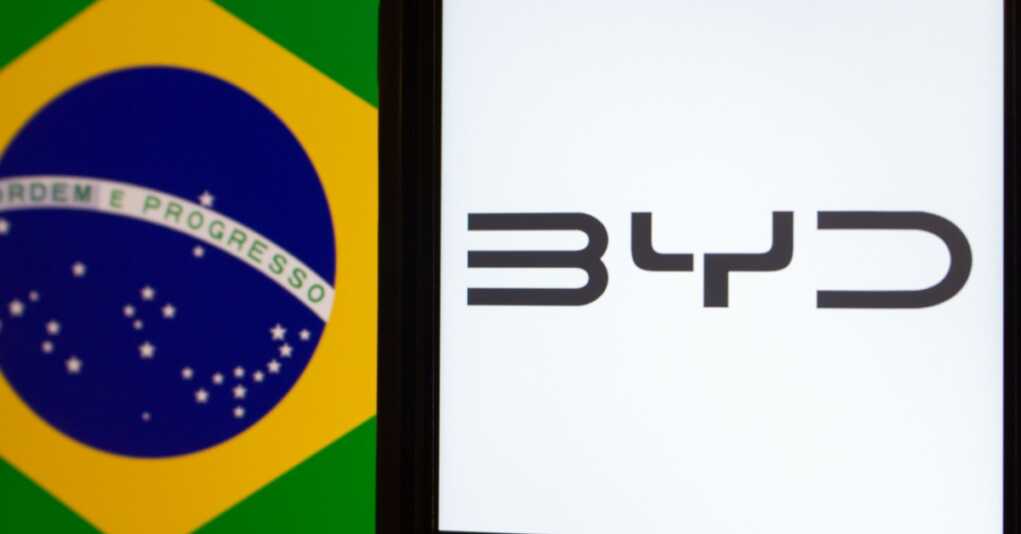Chinese EV Maker Caught Using Slave Labor in Brazil

When the epitaph of the electric car industry is written sometime within the next 20 years, we sincerely hope that the inhumanity of the slave labor used by the world’s automakers is included. Chinese carmaker BYD has been busted for using slave labor at its EV factory in Camaçari, Brazil. At least 163 Chinese nationals who were brought from overseas to help build a new factory were rescued from horrific conditions by Brazilian authorities. This is just the latest scandal to hit the industry, which doesn’t seem to have any intent to stop abusing human rights at a mass scale just so wealthy liberals can drive an EV and pretend they’re saving the planet.
The Ford Motor Company ceased all operations in Brazil in 2021 and pulled out of the country. BYD purchased the site of Ford’s previous manufacturing plant. The company, which is deeply entwined with the Chinese Communist Party, took over the site earlier this year.
The Public Prosecutor’s Office in Brazil shut down the work site completely on December 23. The authorities say the Chinese nationals who were brought in on Brazilian employment visas were working in “precarious” and “degrading” conditions. Their living quarters didn’t have basic hygiene features like flush toilets or showers. The Brazilian cops rescued the 163 slaves and they’re housing them in hotels as the investigation continues.
Brazilian prosecutors say the investigation started in mid-November when they received complaints that the workers were being subjected to “forced labor.” BYD obtained the workers through a contracting group in China called Jinjiang Group. When the workers arrived on their visas, BYD allegedly seized their passports. They were forced to agree to have 60% of their pay withheld for the Jinjiang Group and face severe punishment if they tried to quit or leave the job site.
The Public Prosecutor’s Office accused BYD and the Jinjiang Group of international human trafficking at a hearing on December 26. Three days before the investigation was announced, Brazil’s Foreign Ministry suspended all of BYD’s work visas. Jinjiang claims that this is all a big translation misunderstanding. They also claim that their slaves’ feelings have been hurt by Brazilian prosecutors describing them as “slaves.”
“Being unjustly labeled as ‘enslaved’ has made our employees feel that their dignity has been insulted and their human rights violated, seriously hurting the dignity of the Chinese people,” Jinjiang said in a statement.
Riiiight…
It’s not as if this is the first time the EV industry has been rocked by a slavery scandal. Journalists who have braved malaria and militias to travel to the open pit mines in the Republic of Congo have found plenty of evidence of little black kids digging up toxic heavy metals with their bare hands. If they’re being paid at all, it’s pennies compared to the wage that an adult should be getting for that job.
Heavy metals are necessary components for electric car batteries. Everyone from BYD to Elon Musk’s Tesla is relying on slave labor in the Third World for their car battery materials, whether they’re willing to admit it or not. BYD is just more brazen about its use of human slaves than some of the other companies. There aren’t enough rare earth metals to go around, which is why all the EV companies are ultimately reliant on these slavery camps to build their products.
That’s what you’re paying for when you buy an electric vehicle. Slave labor in the 21st century. Congratulations, liberals. You’ve brought back slavery thanks to your demand for these dopey, inefficient cars that hurt the environment. Then again, the political party that birthed the KKK probably never wanted slavery to go away in the first place.

